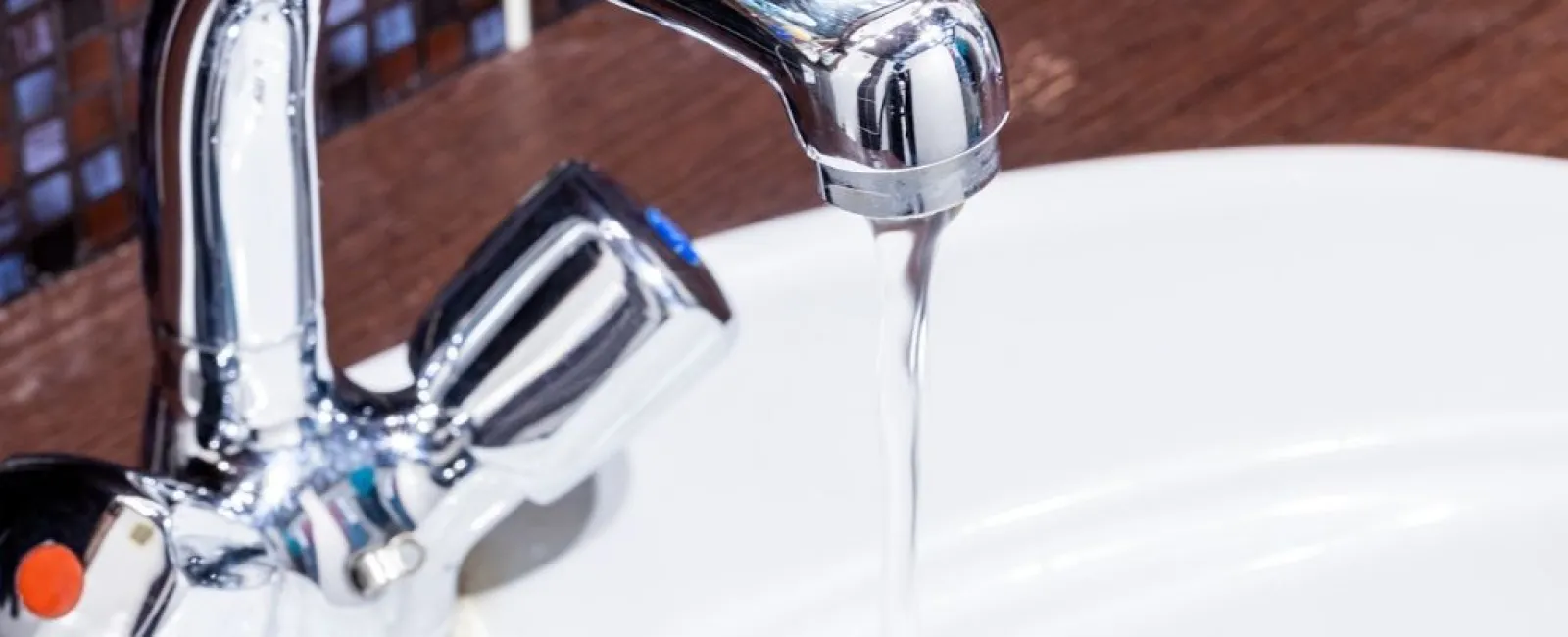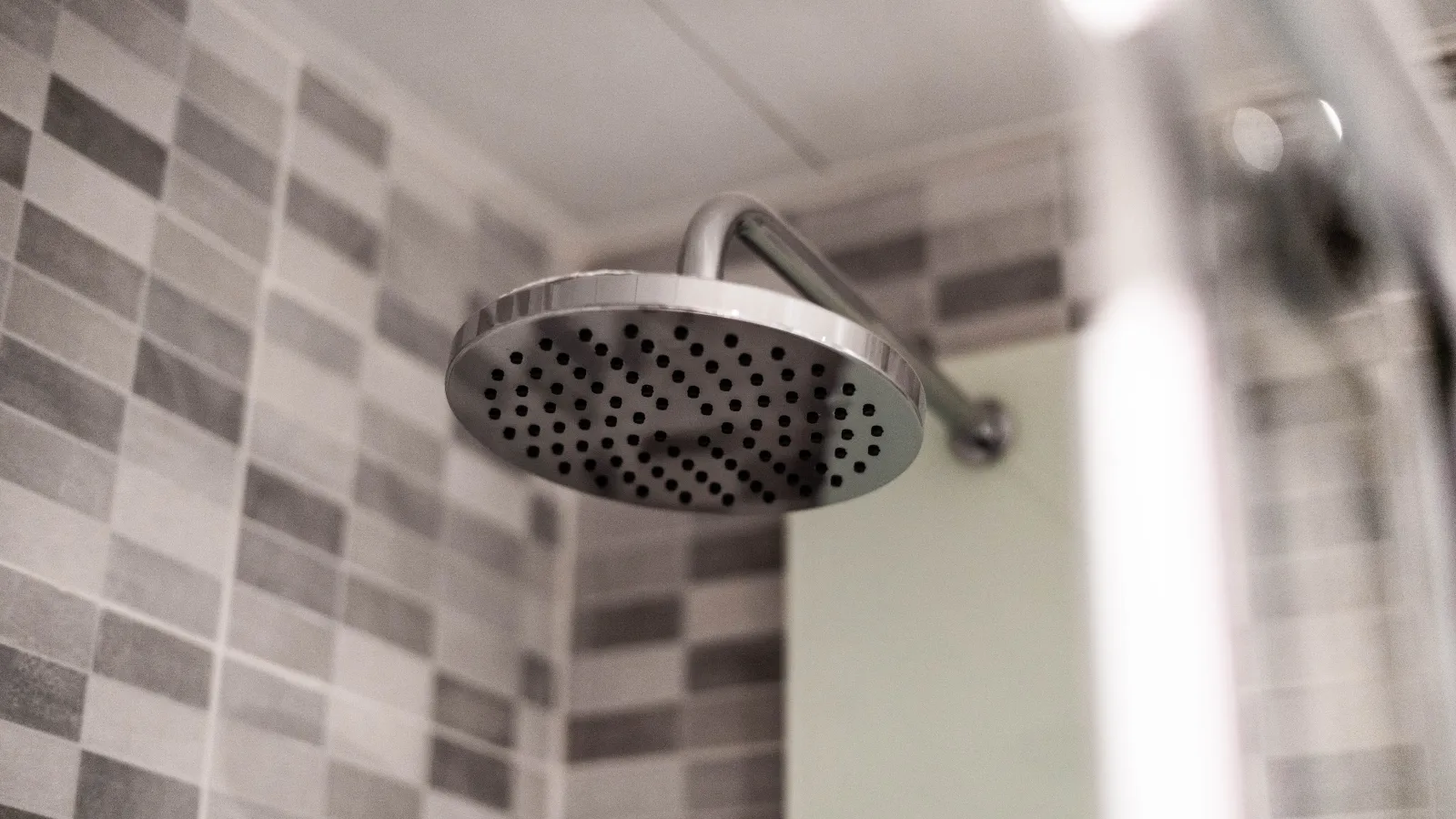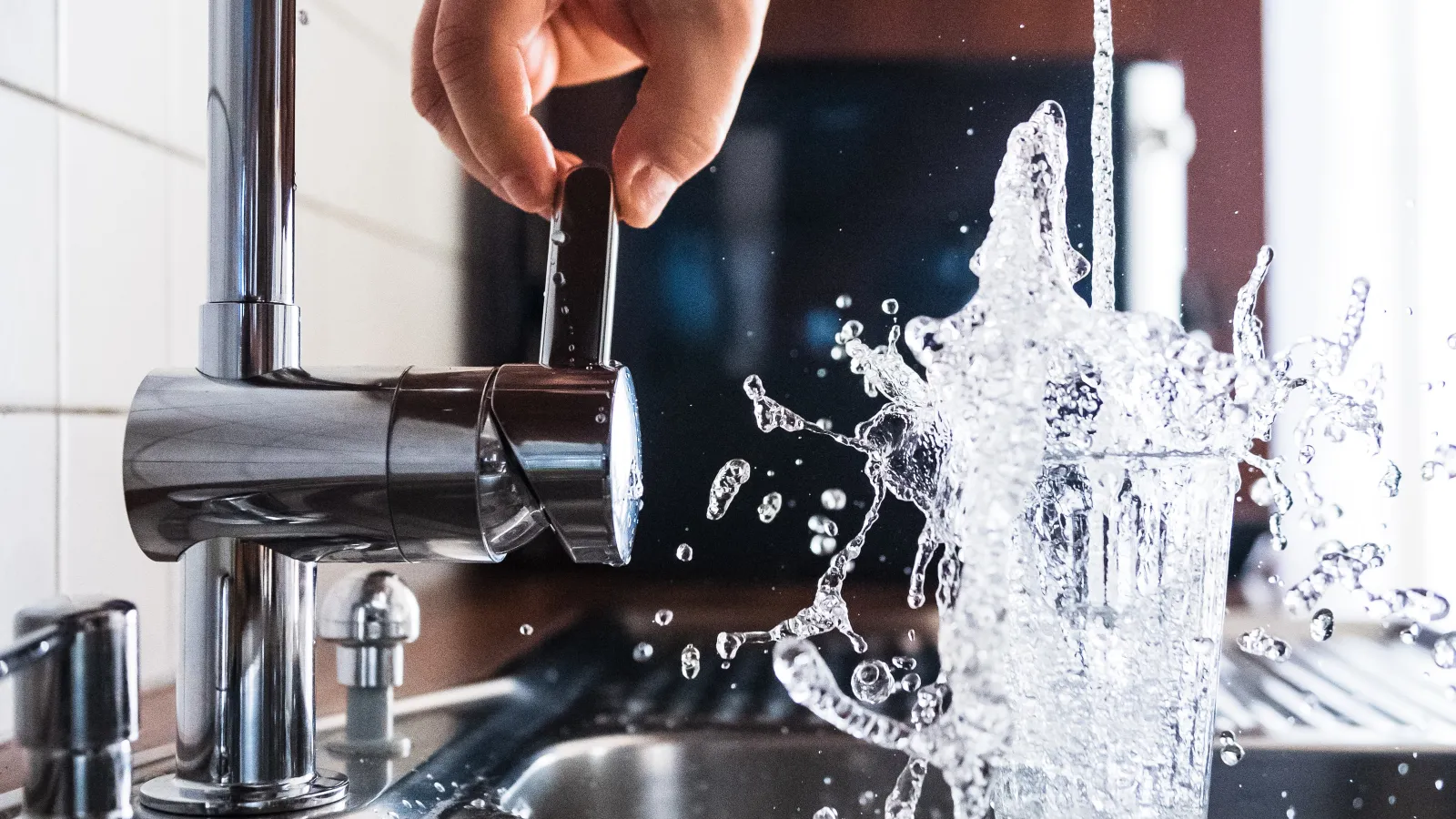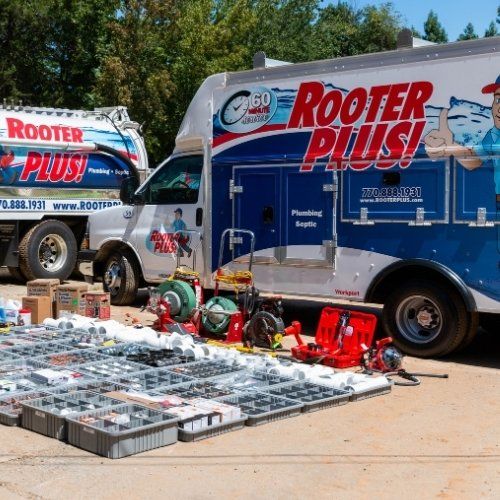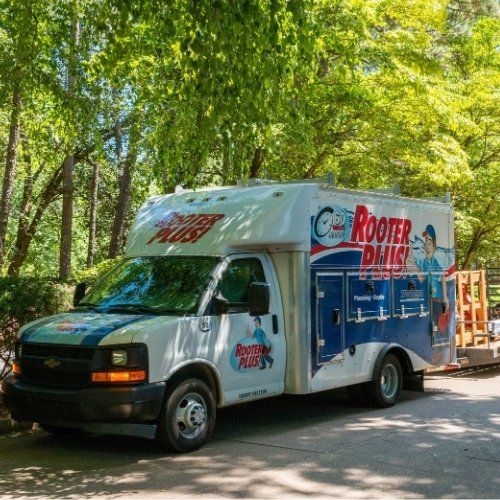August 19, 2025
If you've ever stepped into the shower only to be met with a weak trickle instead of a refreshing stream, you've probably asked yourself, "Why is my water pressure so low?" Low water pressure in house plumbing isn't just inconvenient, it can affect everything from how long it takes to rinse shampoo to how well your dishwasher or washing machine runs. Loss of water pressure in house systems can make daily routines frustrating and may even point to bigger plumbing issues.
RooterPLUS! is here to help you understand what causes low water pressure and what you can do about it. Let's dive into the most common reasons behind no water pressure in house fixtures and what steps you can take to get things flowing normally again.
What Causes Low Water Pressure in House Plumbing?
When you notice low water pressure in house faucets or showers, it can feel like a guessing game. Sometimes the problem is as simple as a clogged faucet screen, but other times the culprit is deeper inside your plumbing system. Here are the most common causes:
The Main Water Shutoff Valve Isn't Fully Open
One of the first things to check if you're asking why is my water pressure low is the main shutoff valve. If it's even slightly closed, it can restrict water flow throughout the house. This valve is usually located where the main water line enters your home, sometimes outside, sometimes in the basement.
A quick adjustment could be the difference between a strong shower stream and a disappointing drizzle.
Issues with the Water Supplier
Sometimes the problem isn't in your house at all. If your neighbors also report low water pressure, your water supplier may be experiencing maintenance issues or pipe damage. A quick call to your water company can confirm whether the problem is widespread.
Clogged Pipes Restricting Flow
Over time, minerals and debris can build up inside your pipes, reducing water flow and causing low water pressure in house systems. Unlike clogged drains, clogged water lines aren't visible and require professional plumbing tools to diagnose and clear safely.
Failing Pressure Regulator
Many homes have a pressure regulator that controls the flow of water entering the house. If this device fails, it can cause a sudden loss of water pressure in house pipes. You can test water pressure with a gauge, but repairs usually require a plumber.
Leaks in the Plumbing System
If water is escaping through leaks in your pipes, less water makes it to your faucets. Even small leaks can significantly reduce pressure while also wasting water and raising utility bills. Look for damp spots, water stains, or pooling water as warning signs.
Common Fixes for Low Water Pressure
While some problems require a licensed plumber, there are a few things homeowners can try before calling RooterPLUS!:
Clean Faucet Aerators and Showerheads
Mineral deposits can block the tiny screens inside faucets and showerheads. Unscrew the aerator or showerhead, soak it in vinegar overnight, and scrub away buildup to restore stronger flow.
Check for Leaks
Walk through your home and inspect visible pipes, ceilings, and walls for signs of moisture. If you notice damp spots or running water sounds when fixtures aren't in use, a hidden leak may be stealing your water pressure.
Test the Pressure Regulator
Attach a water pressure gauge to an outdoor spigot. If the reading is far below the standard 40-60 PSI, the regulator may be malfunctioning.
Confirm with Neighbors
If neighbors also report no water pressure in house plumbing, the issue likely lies with your city or supplier.
When to Call RooterPLUS!
Some water pressure issues can't be solved with DIY fixes. RooterPLUS! specializes in diagnosing and repairing the toughest causes of low water pressure, including:
-
Corroded or outdated pipes that need replacement
-
Underground leaks that require advanced detection methods
-
Complex valve or regulator failures
-
Entire system re-piping for long-term reliability
Our team uses fiber-optic video inspections to pinpoint problems without unnecessary digging. Whether it's repairing a single pipe or upgrading your plumbing, we'll restore strong water flow safely and efficiently.
The Hidden Dangers of Ignoring Low Water Pressure
It might be tempting to live with low water pressure in house faucets, but ignoring it can lead to bigger headaches. Small leaks can grow into major water damage, corroded pipes can contaminate drinking water, and underperforming appliances may shorten their lifespan. What starts as an inconvenience can quickly become a costly repair.
Think of it like a car engine making a strange noise. The sooner you have it checked, the better your chances of preventing expensive damage. Plumbing is no different, catching problems early saves time, money, and stress.
Final Thoughts on Why Is My Water Pressure Low
Low water pressure in house plumbing is more than just an annoyance—it's often a sign of bigger plumbing issues that shouldn't be ignored. From clogged pipes to leaks to failing regulators, many factors can reduce your water flow. The key is identifying the problem early and knowing when to call in the professionals.
RooterPLUS! has decades of experience helping homeowners solve loss of water pressure in house plumbing systems. Whether you're struggling with no water pressure in house fixtures or dealing with recurring low flow, our expert team is here to restore comfort and convenience.
Call RooterPLUS! Today
Tired of wondering why is my water pressure low? Don't wait until a minor issue turns into a major repair. Contact RooterPLUS! today to schedule a professional plumbing inspection and get your home's water pressure back to where it should be. Strong water flow isn't just about comfort, it's about protecting your home and saving money in the long run.
